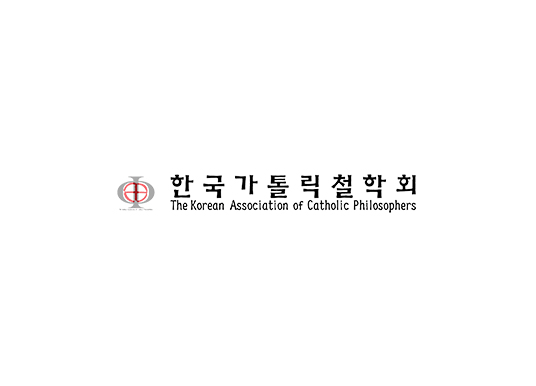나이듦에 관한 서양 고전의 담론 -키케로를 중심으로-
Western Classical Discourse on Aging -Focusing on Cicero-
강상진
서울대학교
가톨릭철학
2023, vol., no.40, pp. 5-36 (32 pages)
한국가톨릭철학회
1. 들어가는 말
2. 노년에 대한 글을 통해 수행되는 (자기) 위로
3. 나이듦에 관한 철학적 성찰. 제 개의 불평에 대한 반론과 분석
4. 고전적 덕론 지평에서의 노년
5. 나이듦에 관한 고전적 담론과 현대적 담론
6. 나가는 말
초록
이 논문은 키케로의 작품 『노년에 관하여』의 분석을 통해 서양고전의 나이듦에 담론을 정리하고 현대적 담론과의 비교를 시도한다. 키케로는 고전적 덕론의 입장에서 나이듦의 문제에 접근하고 있고, 당대에 노년에 대해 제기되는 네 개의 불평에 답을 하고 있지만, 궁극적으로는 노년이 인생 전체에서 고유의 의미를 갖는 시기라는 점, 노년에 맞는 정신적 대비와 죽음 이후에 지속되는 자아에 대한 성찰로부터 노년의 문제를 극복하는 방안을 제시하고 있다고 할 수 있다. 현대는 죽음 이후 지속되는 존재로부터 노년을 위안할 논점을 제공하지는 못하며, 오히려 기술적으로 가능해 보이는 영원한 젊음에 대한 강조를 통해 노년을 진지하게 고려해야할 시기로 보지 않는 경향을 보이고 있다. 나이듦에 관한 고전적사유방식에서 무엇을 배울 수 있는지의 문제는 각자가 인간성을 어떻게 이해하고 무엇을 가치 있는 삶으로 생각하느냐에 따라 달리 판단될 것이나, 인구의 대다수가 노령으로 인해 사망에 이르는 문명적 성취가 새로운 담론을 요구하고 있다는 점은 부인할 수 없어 보인다.
Through an analysis of Cicero’s On Old Age, this paper attempts to summarize the discourse on aging in the Western classics and compare it to contemporary discourse. Cicero approaches the problem of aging from the perspective of classical virtue theory and responds to the four complaints of old age in his time, but ultimately, it can be said that he proposes a way to overcome the problem of old age by recognizing that old age is a period with unique meaning in the whole life, mental preparation for old age, and reflection on the self that continues after death.
Modernity does not provide a comforting argument for old age from an existence that lasts beyond death; rather, the emphasis on eternal youth, which seems to be technologically possible, tends to dismiss old age as a time to be taken seriously. The question of what we can learn from classical ways of thinking about aging will depend on how we understand humanity and what we consider to be a worthwhile life, but it seems undeniable that the civilizational achievement of having the majority of the population die of old age demands a new discourse.

